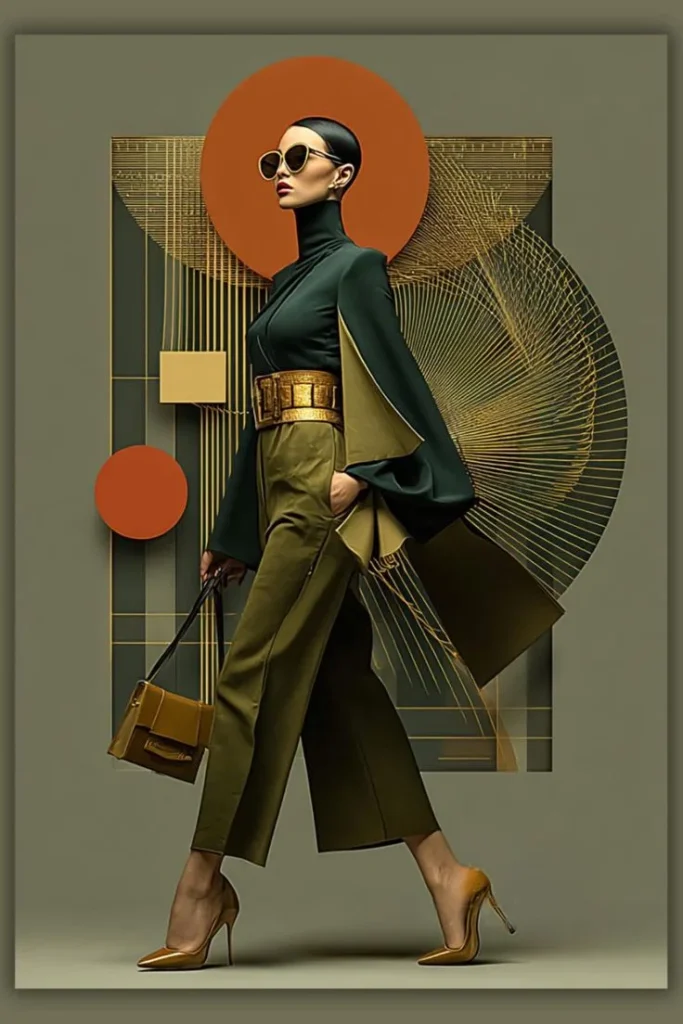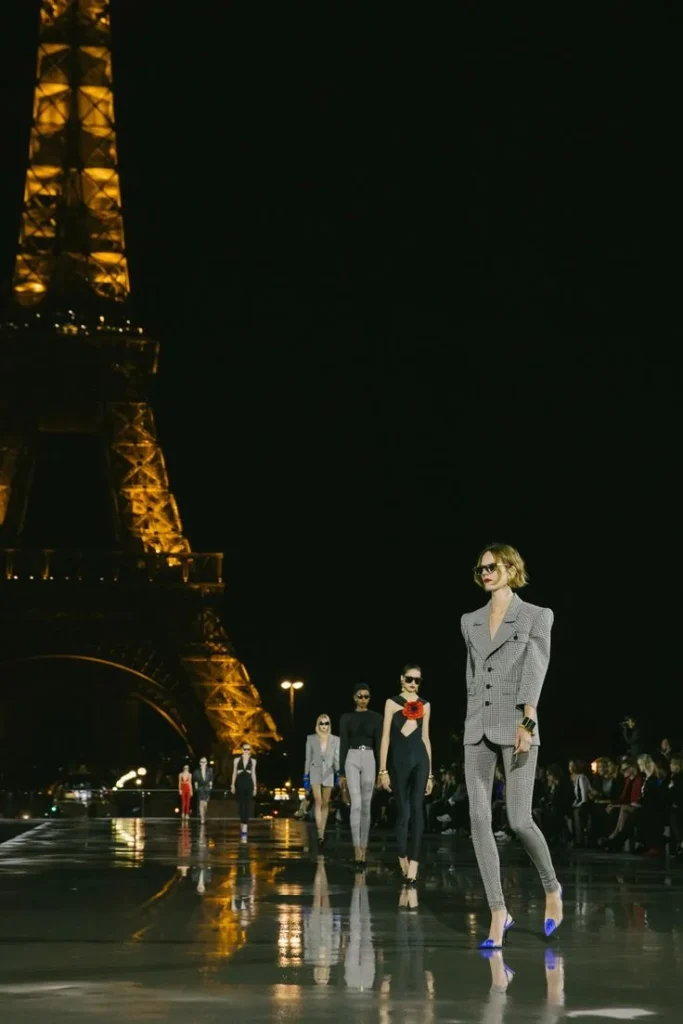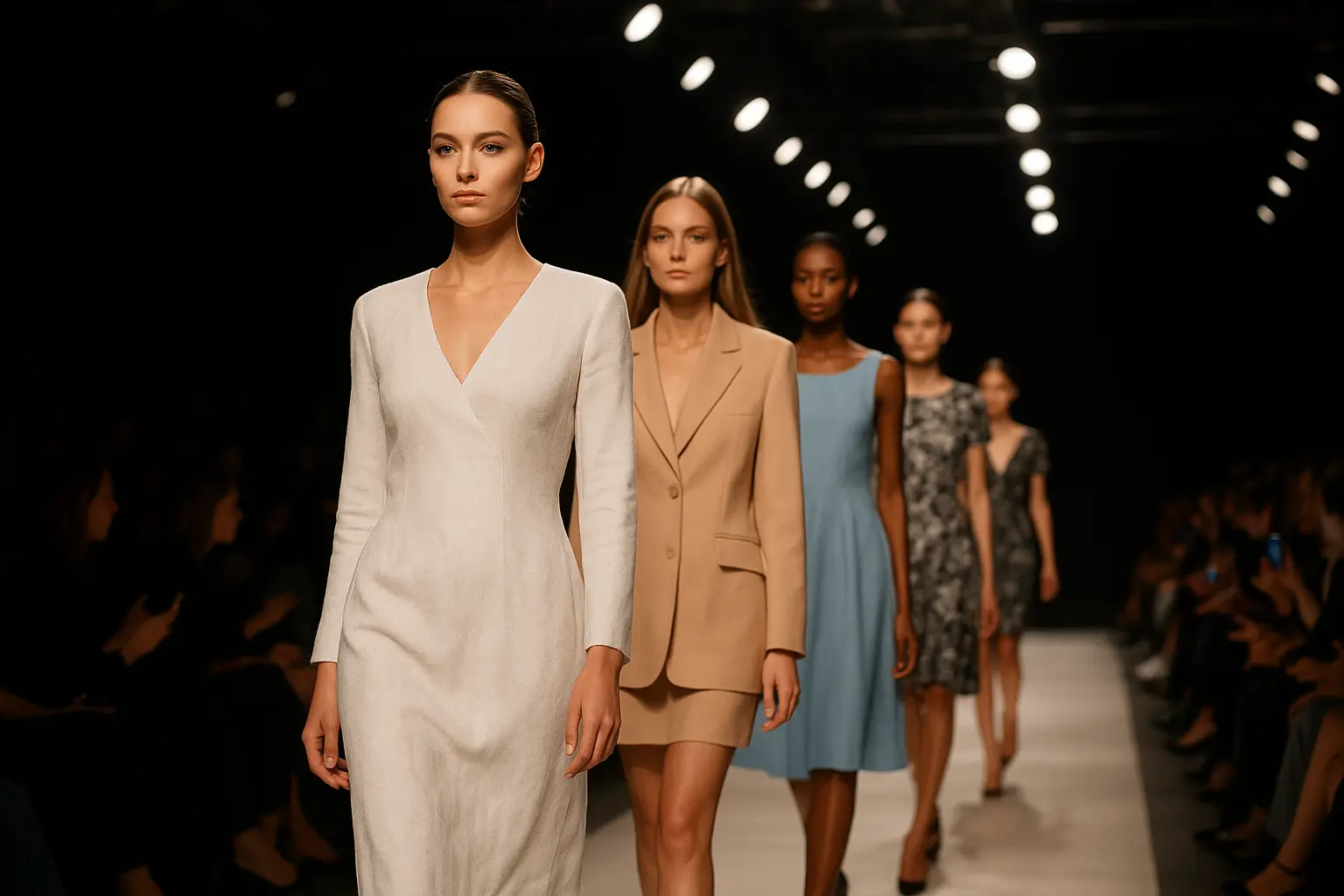The first time I attended Fashion Week, I realised it wasn’t just about glamorous models and flashing cameras. It was a world where designers, artists, buyers, and media came together to witness the future of fashion. From bold runway shows to behind-the-scenes hustle, Fashion Week is the heartbeat of the fashion industry, setting trends that influence wardrobes across the globe.
What is Fashion Week?
Fashion Week is a series of events where fashion designers showcase their new collections to the world. These events usually take place twice a year, highlighting Spring/Summer and Fall/Winter collections. For me, seeing models walk the runway in pieces I had only seen as sketches in a designer’s studio was unforgettable.
The biggest and most recognized Fashion Weeks are held in New York, Paris, Milan, and London also known as the “Big Four.” But today, cities like Tokyo, Dubai, and São Paulo are also emerging as global fashion hubs.
The Role of Fashion Week in the Industry

When I observed Fashion Week closely, I noticed how it wasn’t just about beauty and style. It serves a bigger purpose:
- Trendsetting – What you see on the runway often shapes high-street fashion.
- Networking – Designers, buyers, and media build powerful collaborations.
- Cultural Expression – Fashion reflects history, politics, and global conversations.
- Economic Impact – From ticket sales to global marketing, Fashion Week boosts the economy.
I remember attending a panel discussion during Fashion Week in Milan, where experts highlighted how sustainable fashion was no longer optional but essential. That conversation reshaped the way I look at clothing.
Behind the Scenes of Fashion Week
Most people only see the final runway, but behind the scenes, there’s an entire world of preparation:
- Casting Models – Designers choose models who represent their vision.
- Fittings and Alterations – Clothes are tested and adjusted to perfection.
- Makeup and Styling – Every detail from lipstick shade to hair texture is planned.
- Lighting and Music – Shows are choreographed like performances.
I once got a chance to sit backstage at a local Fashion Week, and the atmosphere was electric hair stylists rushing, designers making last-minute stitches, and models practising their walk.
Fashion Week and Sustainability
One of the most powerful shifts I’ve seen at Fashion Weeks is the rise of sustainable fashion. Eco-friendly fabrics, recycled materials, and ethical labor practices are becoming runway highlights.
I wore a recycled cotton blazer at Paris Fashion Week once, and the conversations it sparked reminded me how fashion can start global discussions about responsibility.
The Future of Fashion Week

With technology, Fashion Week is evolving fast:
- Digital Runways – Online live-streamed shows reached millions during the pandemic.
- Virtual Fashion – 3D garments and digital models are being tested.
- Inclusivity – More diversity in body types, cultures, and gender representation.
Fashion Week is no longer just an elite event; it’s becoming accessible worldwide. I watched a live-streamed New York Fashion Week show from home, and it felt like I was in the front row.
Conclusion
Fashion Week is more than just glitz and glamor; it’s where creativity meets culture, commerce, and global influence. My personal experience taught me that it’s not just about clothes but about stories, innovation, and responsibility. Whether you attend in person or watch online, Fashion Week is a reminder that fashion is a language spoken by everyone.
FAQs About Fashion Week
1. What is the purpose of Fashion Week?
Fashion Week gives designers a platform to showcase new collections and set global fashion trends.
2. Which cities host the Big Four Fashion Weeks?
New York, Paris, Milan, and London are considered the Big Four.
3. How often does Fashion Week happen?
Twice a year Spring/Summer and Fall/Winter.
4. Can the public attend Fashion Week?
Most big shows are invite-only, but some events now offer public tickets or live-streams.
5. How do Fashion Weeks impact regular clothing?
Trends from runways influence what retailers and brands bring to stores.
6. Are Fashion Weeks only for luxury brands?
No, emerging designers also participate, and many cities focus on new talent.
7. What role does technology play in Fashion Week?
From digital runways to AI-driven designs, technology is shaping modern Fashion Weeks.
8. How does Fashion Week support sustainability?
More designers are highlighting eco-friendly fabrics, recycling, and ethical practices.
9. What’s it like backstage at Fashion Week?
It’s fast-paced, energetic, and full of creativity, with designers, stylists, and models working in sync.
10. Why is Fashion Week important for the fashion industry?
It sets trends, connects stakeholders, and serves as a global stage for innovation.
